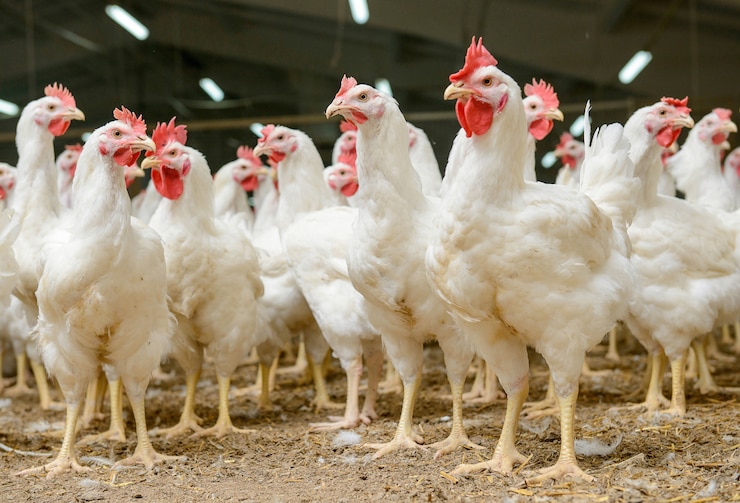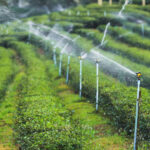Chicken farming is a prominent agricultural activity in South Africa, providing meat and eggs to meet the demands of the population. However, chickens are susceptible to various infections and diseases that can impact their health, welfare, and productivity. In this article, we will discuss some common infections and diseases that chicken farmers in South Africa should be aware of, along with preventive measures and management strategies.
- Newcastle Disease: Newcastle Disease is a highly contagious viral infection that affects chickens, leading to respiratory distress, nervous system disorders, and high mortality rates. Strict biosecurity measures, proper vaccination, and control of wild bird populations are essential in preventing and managing Newcastle Disease.
- Avian Influenza: Avian Influenza, or bird flu, is a viral infection that can affect both wild and domestic poultry. It can cause severe respiratory distress, decreased egg production, and high mortality rates. Implementing strict biosecurity measures, avoiding contact with wild birds, and practicing good hygiene are crucial in preventing avian influenza outbreaks.
- Infectious Bursal Disease (Gumboro): Infectious Bursal Disease is a viral infection that primarily affects young chickens, causing immunosuppression and increased susceptibility to other diseases. Proper vaccination protocols, strict biosecurity measures, and maintaining optimal hygiene are important preventive measures against Gumboro disease.
- Coccidiosis: Coccidiosis is a parasitic infection caused by protozoan parasites of the genus Eimeria. It affects the intestinal tract of chickens, leading to diarrhea, decreased growth, and increased mortality rates. Implementing effective parasite control measures, proper hygiene, and regular anticoccidial treatments are vital in preventing and managing coccidiosis.
- Infectious Coryza: Infectious Coryza is a bacterial respiratory disease caused by Avibacterium paragallinarum. It results in nasal discharge, facial swelling, and decreased egg production. Strict biosecurity measures, proper sanitation, and prompt treatment with antibiotics are important in preventing and managing infectious coryza.
- Fowl Typhoid and Pullorum Disease: Fowl Typhoid and Pullorum Disease are bacterial infections caused by Salmonella Gallinarum and Salmonella Pullorum, respectively. They result in high mortality rates, decreased egg production, and general illness in chickens. Implementing strict biosecurity measures, proper testing and culling of infected birds, and practicing good hygiene are crucial in preventing the spread of these diseases.
- Marek’s Disease: Marek’s Disease is a viral infection that primarily affects young chickens, causing tumors, paralysis, and immune system suppression. Vaccination, strict biosecurity measures, and proper sanitation are important preventive measures against Marek’s Disease.
- Ectoparasites: Ectoparasites such as lice, mites, and fleas can infest chickens, causing irritation, feather loss, and decreased productivity. Regular inspections, implementing effective parasite control measures, and maintaining good coop hygiene are vital in preventing and managing ectoparasite infestations.
Chicken farmers in South Africa should prioritize the health and well-being of their flocks by implementing proper biosecurity measures, regular veterinary check-ups, and preventive strategies. Maintaining a clean and hygienic farming environment, practicing strict quarantine protocols for new birds, implementing vaccination and parasite control programs, and monitoring for early signs of infections and diseases are crucial for the well-being and productivity of chickens. By staying informed, collaborating with veterinary professionals, and adopting proactive measures, chicken farmers can ensure the sustainability and profitability of their farming operations.







